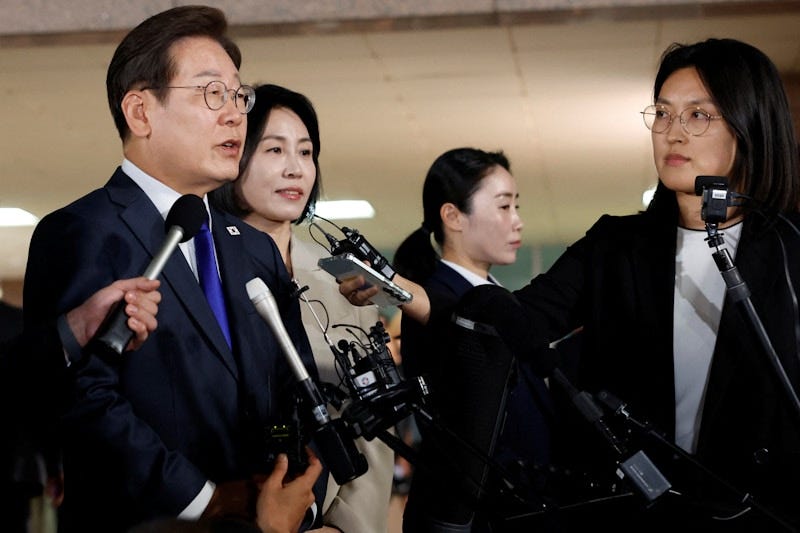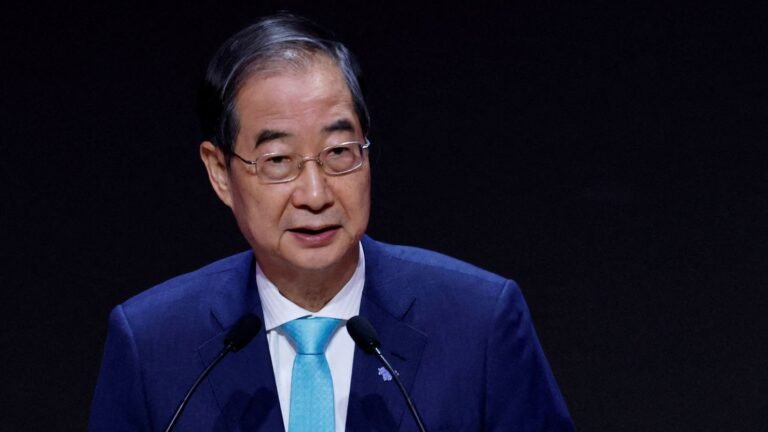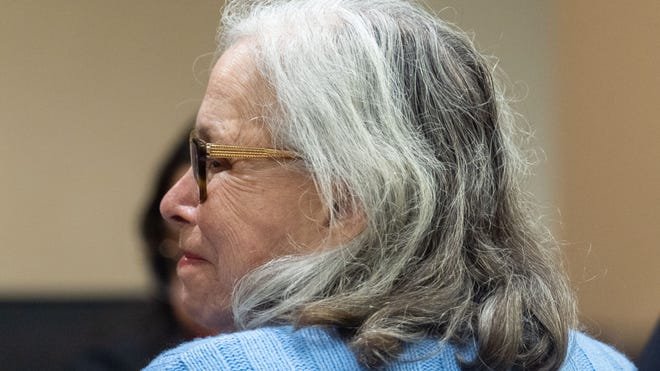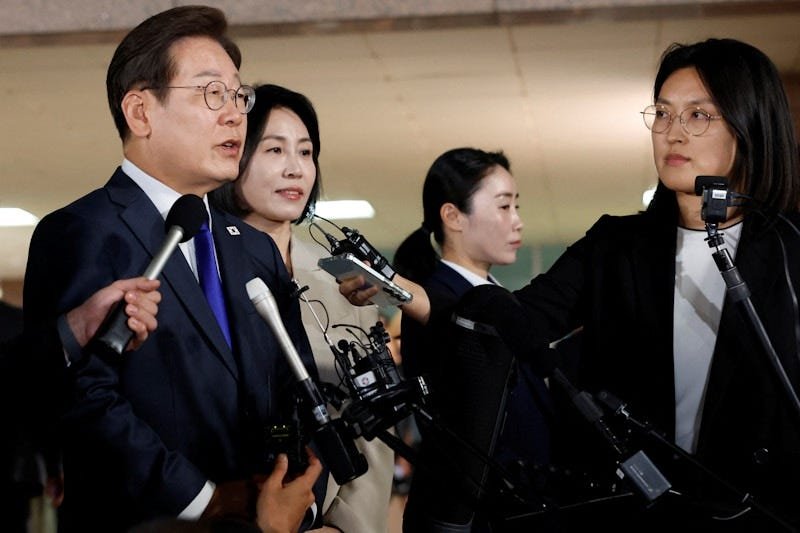
From the Factory to the Blue House: Lee Jae-Myung Elected President of South Korea
By The General Justice

SEOUL, June 3, 2025 – Lee Jae-myung, the Democratic Party candidate and former factory worker who rose through South Korea’s political ranks, has been elected the nation’s 14th president, according to projections by local broadcaster SBS. The National Election Commission (NEC) reported that 23.83% of votes had been tallied by 11:26 PM KST, with Lee securing 47.81% of the ballots compared to his conservative rival Kim Moon-soo of the People Power Party (PPP), who garnered 43.99%.
This victory marks a dramatic turnaround for Lee, who narrowly lost the 2022 presidential race and faced legal battles, yet now steps into the Blue House following a tumultuous snap election triggered by the impeachment of former President Yoon Suk-yeol.
Exit polls earlier in the evening had already signaled Lee’s win, with a joint survey by KBS, MBC, and SBS projecting him at 51.7% against Kim’s 39.3%, a result echoed by JTBC (50.6% for Lee) and Channel A (51.1%). These polls, historically accurate, showed Lee dominating in key regions like Gyeonggi (55.8%), Seoul (49.3%), and Gwangju (81.7%), while Kim held a lead in Busan (49%) and parts of central and south-eastern Korea. The NEC expects 70-80% of votes to be counted by midnight KST, with final tallies continuing into Wednesday morning, potentially confirming Lee’s lead.
THE PATH TO PRESIDENCY

Lee’s path to the presidency was paved by public outrage over Yoon’s martial law decree in December 2024, which led to his impeachment and removal in April 2025.
The snap election, South Korea’s second following a presidential impeachment, saw a record-breaking 79.4% voter turnout—the highest in 28 years, per Yonhap News Agency. Supporters celebrated outside Lee’s Incheon home, urging him to address them as he followed results from his cordoned-off residence.
Meanwhile, the Democratic Party hailed the outcome as a “thunderous judgment against the insurrectionist regime,” reflecting public desire to recover from political and economic turmoil.
The election faced scrutiny over ballot transportation, with concerns about potential irregularities in delivery routes and non-compliance with sealed box protocols, despite 29,000 police officers assisting and 24-hour CCTV monitoring in place. Earlier incidents in Gwangju, where voters tore ballots after replacement denials, also prompted an NEC investigation, highlighting tensions in the process.
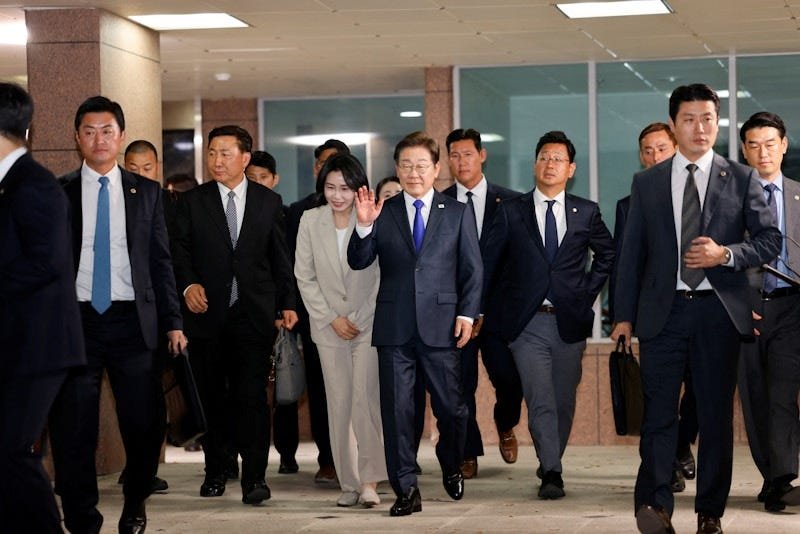
Lee, once a factory worker who later became a human rights lawyer and governor of Gyeonggi, campaigned on pledges to position South Korea as a global AI leader, implement citizen-driven policies, revitalize rural areas, and enhance animal welfare. His proposal to relocate the presidential office and legislature to Sejong as a new administrative capital stirred debate, with some seeing it as a bold move to decentralize power, though past attempts led to fluctuating property prices in the city.
The PPP’s Na Kyung-won called the projected loss “very disappointing” and “somewhat shocking,” expecting a closer race but citing “confusion within the party” and the late spread of “negative news” about Lee as setbacks. New Reform Party candidate Lee Jun-seok, projected third with 7.7% in exit polls, conceded defeat, expressing hope that Lee Jae-myung would make “careful and accurate decisions on national unity and the economy.”
Lee’s victory, while a mandate for change, comes amid a polarized nation. Women, who supported Lee at 55% per exit polls, felt sidelined as gender equality took a backseat in the campaign—the first in 18 years without a female candidate. Economic challenges loom, with South Korea’s central bank slashing its 2025 growth forecast to 0.8% due to U.S. trade tariffs and domestic instability. Lee’s legal troubles, including charges he claims are politically motivated, may also complicate his presidency, with debates over whether his trials should pause during his term.
Lee Jae-myung has been elected as South Korea’s president in the 2025 snap election. The National Election Commission (NEC) data showed that with 85.1% of votes counted by nearly 2:00 AM KST on June 4, 2025 (1:00 PM EDT on June 3), Lee secured 48.35% of the votes, while his rival Kim Moon-soo had 42.82%. Kim conceded defeat at a press conference at 1:30 AM KST, and national broadcaster KBS confirmed Lee’s win shortly after. Lee’s victory was celebrated by supporters, and he has already spoken to the media and supporters, expressing gratitude and pledging to fulfill his duties.
As the new President, Lee’s journey from the factory floor to the Blue House ushers in a new era for South Korea—one that will test his ability to unify a divided nation and deliver on promises in a time of global and domestic uncertainty.
Follow @genjustlaw
Author

Latest entries
 Donna Adelson Trial2025-09-05Donna Adelson Found Guilty on All Counts in Dan Markel Murder Case
Donna Adelson Trial2025-09-05Donna Adelson Found Guilty on All Counts in Dan Markel Murder Case True Crime2025-09-03Epstein Files: Survivors Break Silence on Capitol Hill
True Crime2025-09-03Epstein Files: Survivors Break Silence on Capitol Hill US2025-09-03Cardi B Assault Trial Verdict — She’s Not The Drama
US2025-09-03Cardi B Assault Trial Verdict — She’s Not The Drama US2025-08-30Jim Crow Era — Louisiana’s Split Juries Problem and the Limits of Retroactivity
US2025-08-30Jim Crow Era — Louisiana’s Split Juries Problem and the Limits of Retroactivity
